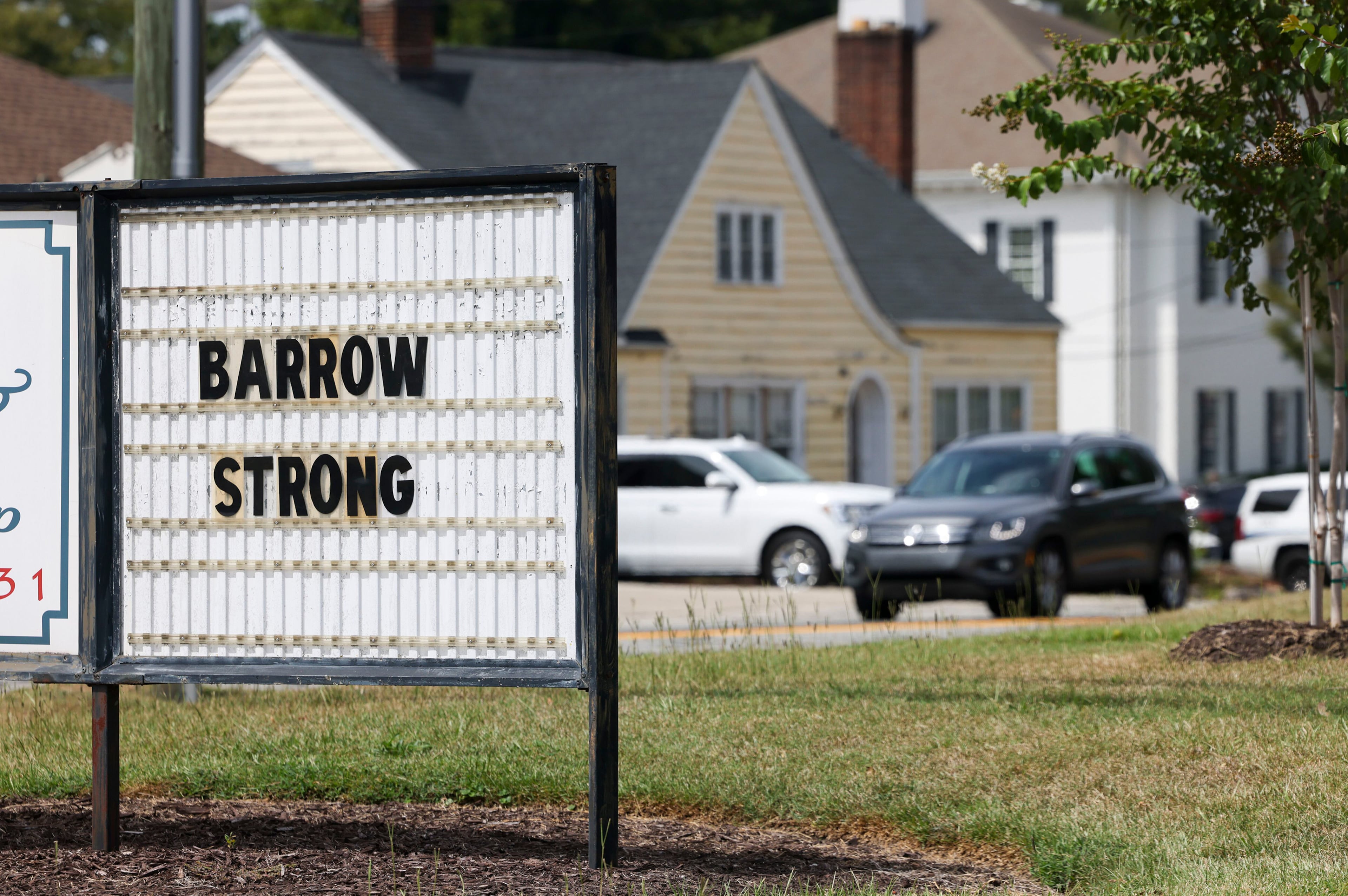To find the right college, make the right plan
Neil Clark’s tips for getting into the college of your choice
•Start early taking the most rigorous courses you can.
•Get involved in community service, which will bolster your college application (Pursue your passions through service, whether that is sports or working with the homeless!)
•Boost your extracurricular and leadership activities in or out of school.
•It’s never too early to start visiting a variety of colleges. Start while you are a freshman.
• Take both the SAT and ACT tests. You may naturally do better on one or the other, and colleges accept both.
When applying to schools, apply to one or more from three categories
•Choose and apply to safety schools, which you feel confident you will get into and are affordable. Apply early and hope for an early acceptance. Once you get into one, that will take some of the pressure off waiting for the other two categories.
•Apply to aim schools, where being accepted is more challenging but you believe you have a good chance.
•Don’t forget to apply for reach schools, which you might think are out of your reach because of high costs or academic standards. If you don’t apply, you have no chance. If you get accepted, you at least have the option to go, and the school may be able to offer more financial help than you had hoped.
Picking a college is a life-changing decision and deserves better than picking random schools, says Neil Clark, the Dean of College Guidance and Counseling at The Walker School.
His best advice?
Attack the problem early with a plan, which will resolve questions and fears that arise from possible rejection, financial issues and other concerns. The early start will give you time to deal with inevitable bumps and puzzles that need to be solved.
“It really takes some anxiety off this,” Clark said. “If you have a plan, you will be OK.”
It should start with a family sitdown, with the student in the lead to lay out desires, possibilities and actions.
The plan should include some early visits to colleges and universities. Start as early as your high school freshman year, hitting schools in town, he said. Call schools, they do tours for prospective students and parents constantly. Visit other schools farther away on weekends or incorporate a visit during longer trips to visit family or during vacations.
That will give you an idea of what colleges are like and which ones feel right. And there is an intangible benefit to early visits.
Colleges are impressed when someone as young as a high school freshman visits, Clark said.
Start developing a list of potential colleges, then visit their websites. Get past the public relations stuff and find the latest year’s statistics for accepted students. Also look for the financial aid calculator each school has, Clark advises, to get an idea of how much it could cost. And spend some time looking at their financial aid pages.
Keep good records and notes to help you sift the list down to one that is a good fit.
Review the College Board website for some of the basics on applying to colleges. It can also help parents and the student bone up on the vocabulary they will need to understand the process, and the site has primers on subjects such as filling out the federal financial aid form that each student must complete. That is a family exercise, as the form asks for information such as family income.
Fastweb.com is a good place to learn about scholarships, Clark said. And The Walker School's website has information and downloadable forms on planning for college that anyone can use.
“And your guidance counselor can help you,” he said.
As you sift through the colleges and their information, find the right fits for your finances and your potential major fields of study. Finding the right one is a process of learning as you go, narrowing down the field, gathering information and then beginning the applications.


